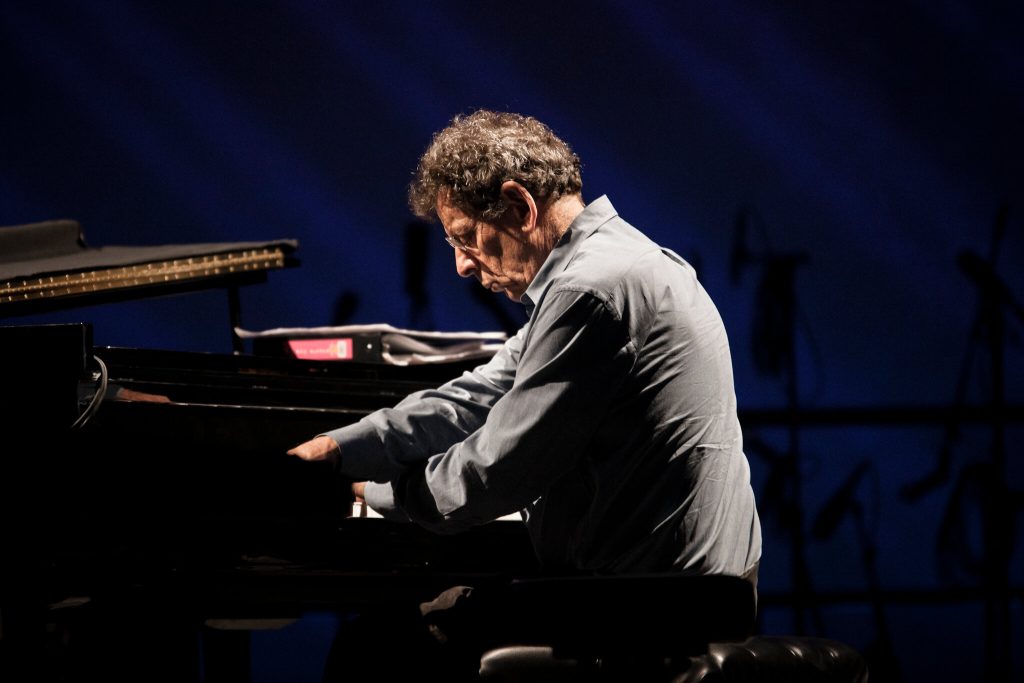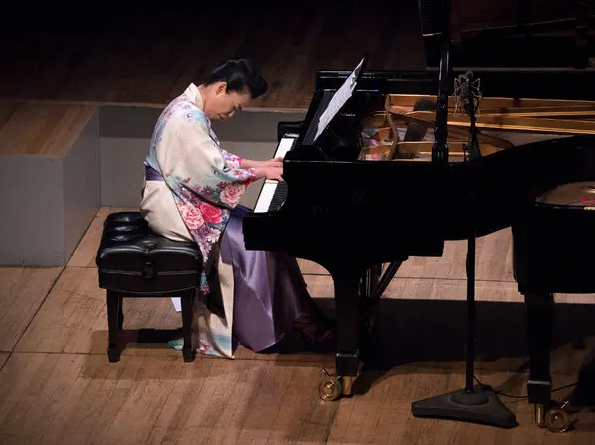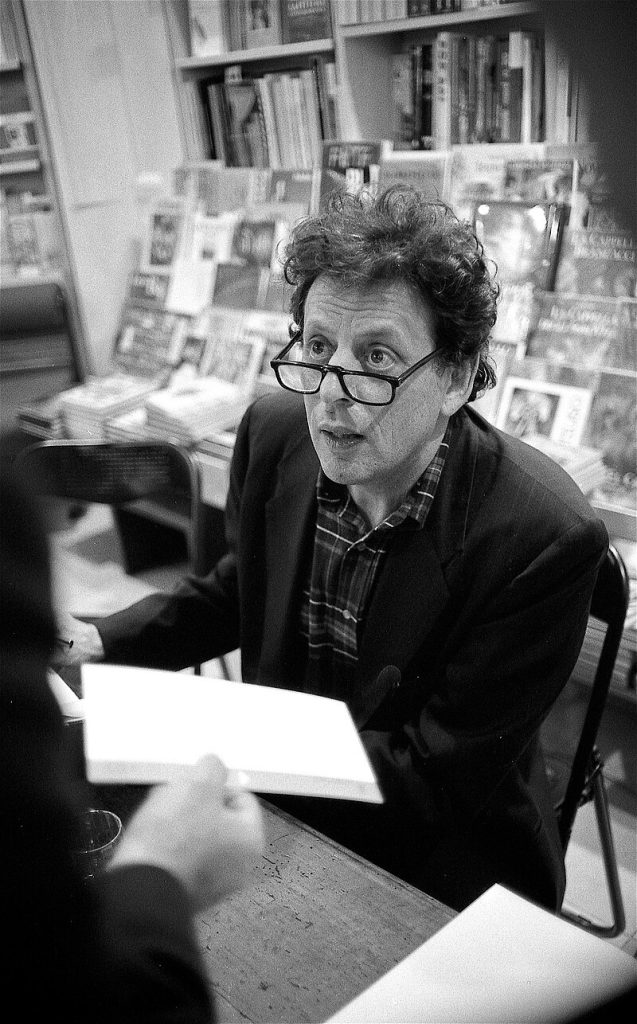Philip Glass, renowned composer and pianist, has left an indelible mark on the world of contemporary classical music. His innovative and mesmerizing compositions have captivated audiences and inspired generations of musicians. Among his vast body of work, Glass’s Piano Etudes hold a special place, offering a musical diary that chronicles the influential life of this groundbreaking artist. In this article, we delve into the world of Philip Glass’s Piano Etudes, exploring their significance, artistic evolution, and the profound impact they have had on the classical music landscape.

The Birth of the Piano Etudes:
The Piano Etudes, a collection of 20 pieces for solo piano, were composed by Philip Glass over a span of several decades. The first set of ten etudes was completed in 1994, followed by a second set in 2012. This monumental undertaking showcases Glass’s mastery of the piano and his unique compositional style, which blends elements of minimalism, repetitive structures, and intricate patterns.
An Artistic Diary:
Like a diary, Glass’s Piano Etudes offer glimpses into the various stages of the composer’s life and artistic development. Each etude encapsulates a specific musical idea or technical challenge, reflecting Glass’s explorations and experiments with form, rhythm, and harmony. From the mesmerizing repetitions of “Etude No. 2” to the intricate polyrhythms of “Etude No. 13,” the collection unfolds as a personal narrative of artistic growth.

Minimalism and Repetition:
Central to Philip Glass’s musical language is the concept of minimalism, which emphasizes the repetition and gradual transformation of musical patterns. This approach is evident throughout the Piano Etudes, as Glass explores the infinite possibilities of simple melodic and rhythmic motifs. The repetitive nature of the etudes creates a sense of mesmerizing momentum, drawing listeners into a meditative and transcendent sonic experience.
Technical Challenges and Musical Expression:
While the Piano Etudes serve as a vehicle for artistic exploration, they also present technical challenges for the performer. Glass’s intricate rhythmic structures and demanding fingerings require a high level of technical skill and precision. Yet, beyond their technical complexity, the etudes offer a rich palette for musical expression, allowing performers to infuse their interpretations with nuance and emotion.

Evolution of Style and Influence:
As Glass composed the Piano Etudes over several decades, they provide a unique opportunity to witness the evolution of his musical style. The first set of etudes exhibits a more overtly minimalist approach, characterized by repetitive patterns and gradual variations. In contrast, the second set demonstrates a more mature and expansive musical language, incorporating a wider range of textures, harmonies, and structural complexities. This artistic evolution showcases Glass’s continuous experimentation and growth as a composer.
Influence on Contemporary Classical Music:
Philip Glass’s Piano Etudes have had a profound impact on the landscape of contemporary classical music. They have become a source of inspiration for countless composers, pianists, and musicians, influencing their approach to composition, performance, and interpretation. The etudes’ minimalist aesthetic and fusion of technical rigor with emotional depth have shaped the direction of contemporary piano music, leaving an indelible imprint on the genre.

Accessibility and Popularity:
One of the remarkable aspects of Glass’s Piano Etudes is their accessibility to both performers and audiences. While the technical demands may be challenging, the repetitive structures and mesmerizing patterns create a hypnotic allure that draws listeners in. The etudes have found a wide audience beyond the realms of classical music, appealing to those with an appreciation for innovative and immersive musical experiences.
Legacy and Enduring Significance:
The Piano Etudes stand as a testament to Philip Glass’s artistic genius and his enduring significance in the realm of contemporary classical music. They embody his unique musical language, technical prowess, and unwavering dedication to pushing artistic boundaries. As a musical diary, the etudes provide a glimpse into the life, influences, and artistic evolution of one of the most influential composers of our time.

Philip Glass’s Piano Etudes offer a profound and intimate glimpse into the life and artistic journey of a musical visionary. Through their minimalist aesthetic, technical intricacies, and expressive power, the etudes have not only shaped the contemporary classical music landscape but have also captivated audiences with their mesmerizing beauty. As a diary of an influential life, Glass’s Piano Etudes will continue to inspire and resonate with musicians and listeners for generations to come.